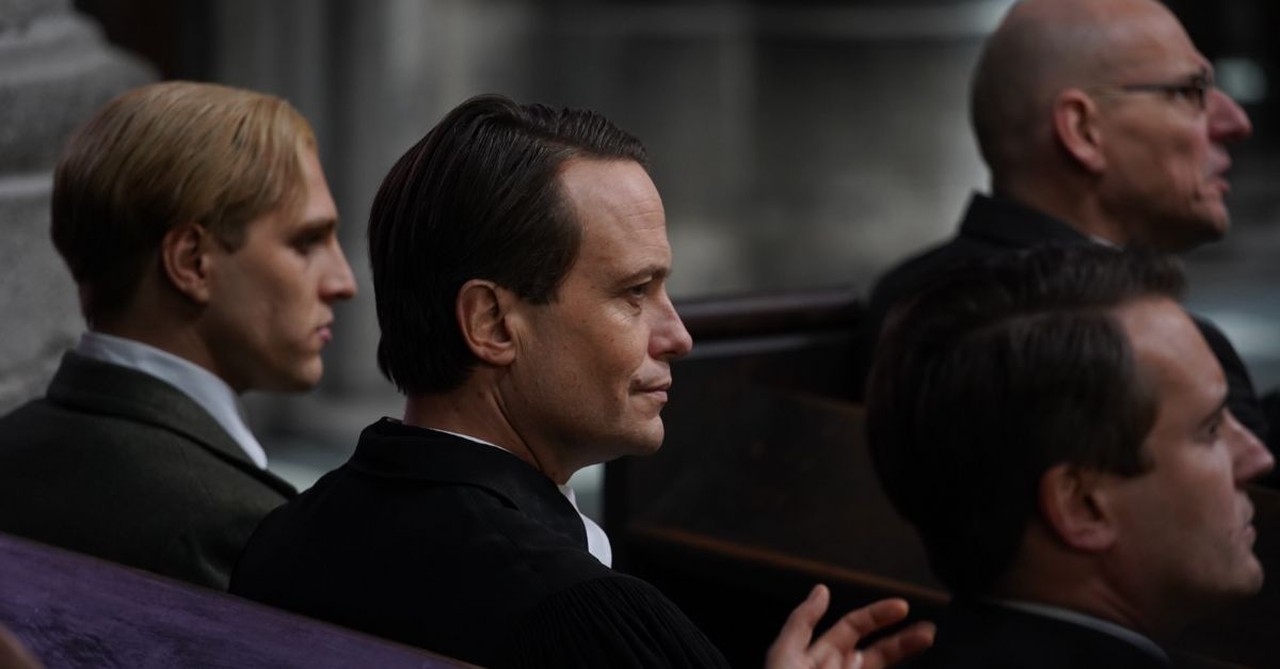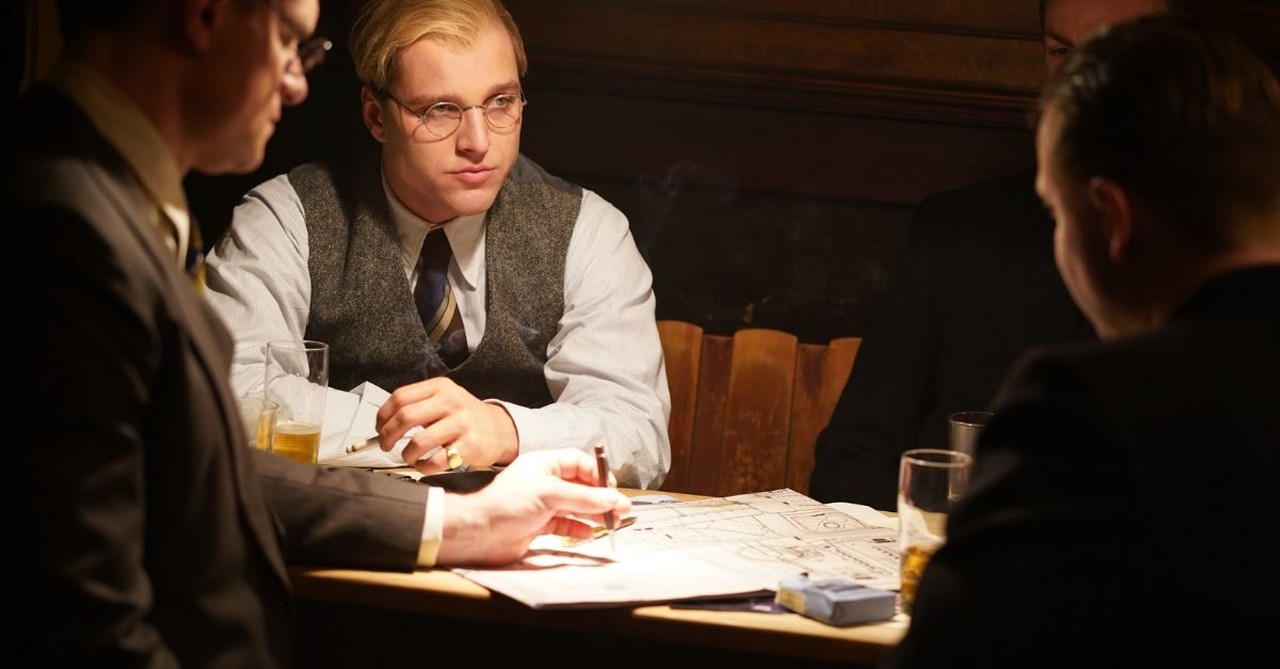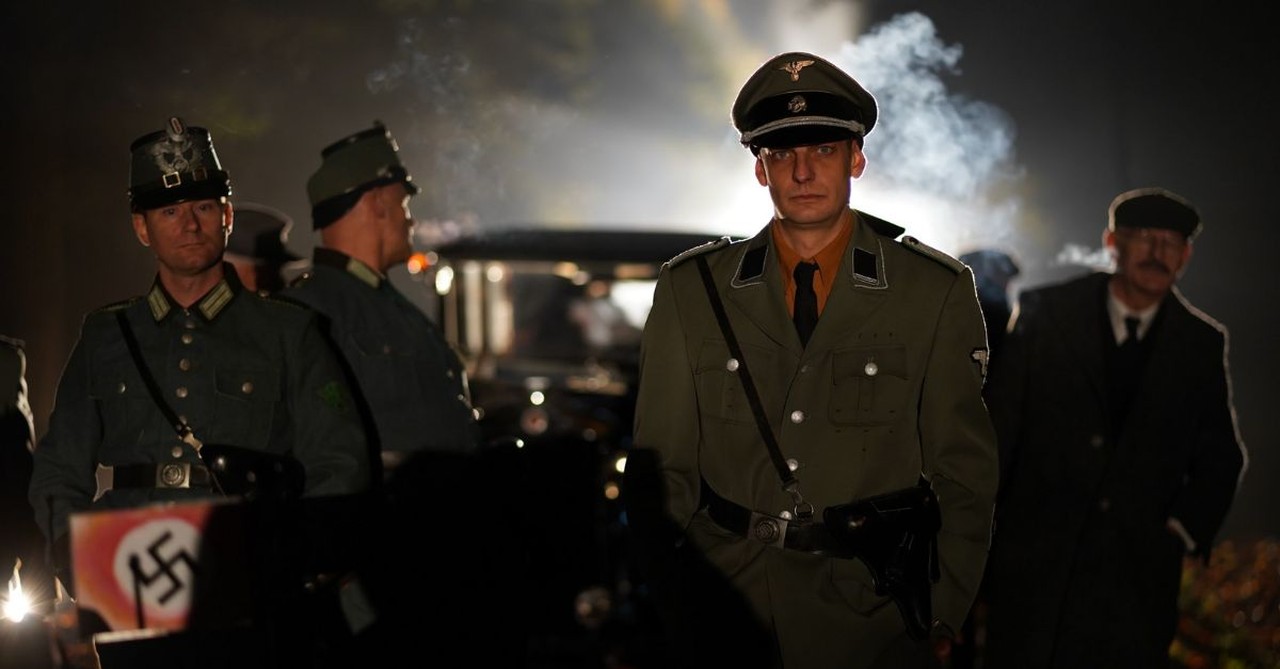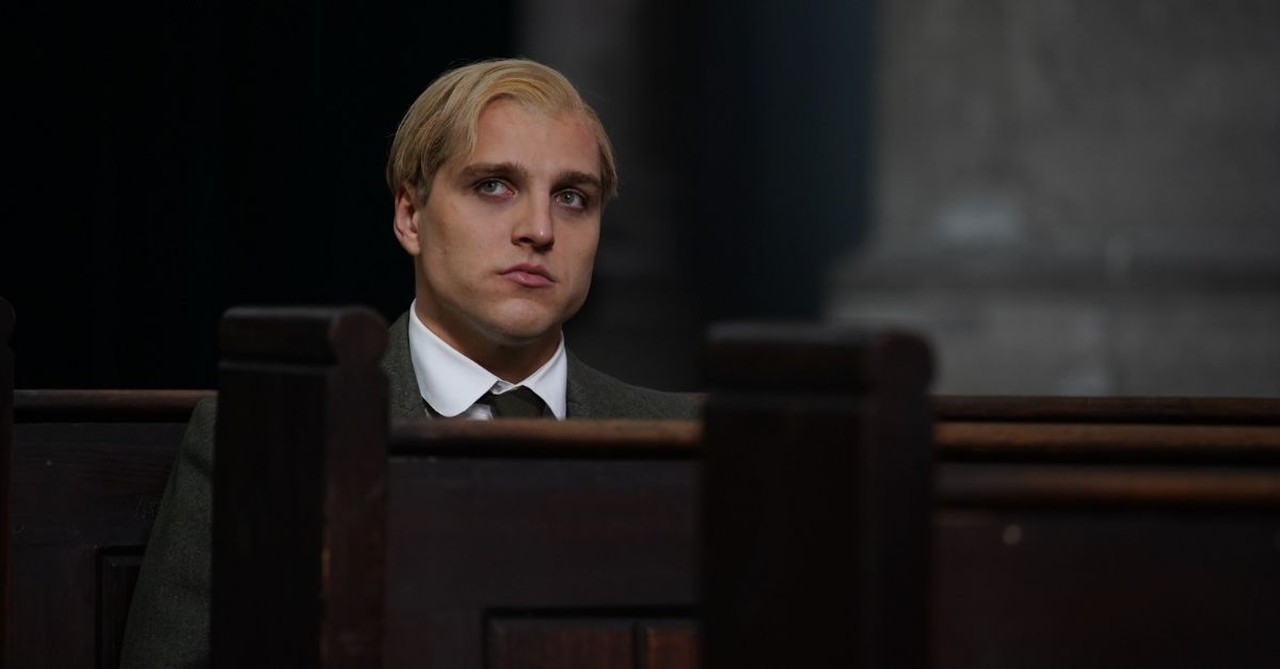3 Powerful Lessons from the Movie ‘Bonhoeffer’

Dietrich is a thoughtful and intelligent young man who is driven by a passion for learning and a desire to impact the world.
So, when his German homeland becomes embroiled in financial and political turmoil, Dietrich travels to the United States in 1930 to further his education at New York City's Union Theological Seminary. There in the Big Apple, he develops a love for other cultures -- their food, their lively worship, and their high-energy music, jazz.
It is also in America that Dietrich, for the first time, encounters racism when a hotel manager assaults him for attempting to sneak in a black friend.
"I'm so fortunate not having anything like this in Germany," a bloodied Dietrich tells his companion.
If only that were the case.
Dietrich returns home to a Germany he barely recognizes, with the Nazis in power and the Jewish people blamed for the nation's problems. The new government has taken over the church. It also has developed plans to "dispose of" individuals who are "less desirable." Like the disabled. And the Jews.
Soon, Dietrich faces a life-or-death decision. Will he remain quiet and go along with the crowd? Or, will he stand up to hatred and the Hitler-led Nazi regime?
The new Angel Studios movie Bonhoeffer (PG-13) follows the inspiring true story of German theologian Dietrich Bonhoeffer as he helps lead a movement, the Confessing Church, that opposes Hitler no matter the cost.
Here are three powerful lessons from the film.
Photo Credit: ©Angel Studios
1. It Urges Us to Speak Out against Injustice

1. It Urges Us to Speak Out against Injustice
SLIDE 1 OF 3
Director Todd Komarnicki masterfully weaves a gripping narrative, showing us the aftermath of Bonhoeffer's courageous actions before it unfolds the story of his heroics. In the film's opening scenes, we watch as Bonhoeffer and his fellow prisoners are transported on a bus to a prison in Bavaria, Germany, where they see human skulls and skeletal fragments alongside the road.
Soon, however, the story takes us back in time to Bonhoeffer's childhood, where we see him watching his older brother, Walter, depart for the front lines of the Great War, a conflict that claimed Walter's life. From there, we follow Bonhoeffer through pivotal moments, including his transformative time in America and his return to a Germany on the verge of war.
He's a man who is not afraid to confront injustice and evil.
Told that his black friend cannot stay in an American motel, Bonhoeffer stands up to the manager, pointing to a cross on the wall near the reception desk. "Surely our love of the Lord unites us," he pleads. Bonhoeffer, though, only receives cruel treatment -- he's spat upon and beaten.
Hearing a German bishop label Hitler a "savior" to loud applause, Bonhoeffer walks out of the sermon and subsequently confronts a Nazi-sympathizing friend. "The church does not belong to him or any man," he tells his friend, referencing the bishop and Hitler. "It belongs to the living God."
Several scenes later, Bonhoeffer himself stands at the pulpit and proclaims to Nazi soldiers in attendance: "The German church must stand on God's Word alone, not any man's word, and especially not a Fuhrer's word." The soldiers leave in protest, but Bonhoeffer is undaunted.
Photo Credit: ©Angel Studios
2. It Reveals How We Can Be Blind to Evil in Our Own Time

2. It Reveals How We Can Be Blind to Evil in Our Own Time
SLIDE 2 OF 3
At first, Bonhoeffer is blind to the evil in his own nation. Yet even when his eyes are opened, the rest of the German church remains quiet -- either out of fear or complicity.
Crucifixes of Christ and statues of saints are torn down. In their place are lifted Nazi imagery, including swastikas. When confronted with declining morality within the church, a German bishop boasts to Bonhoeffer, "Our churches are fuller than they have been in years."
Bonhoeffer, though, remains unimpressed. The problem isn't attendance but rather the message. Incredibly, the German church even buys the Nazi propaganda about Jews.
"Hitler will resolve the Jewish question," a bishop reassures Bonhoeffer, assuming the two are on the same side.
"Why must there even be a Jewish question?" an incredulous Bonhoeffer responds.
Bonhoeffer travels to England, where he requests support for the small band of German Christians opposing Hitler. At first, British clergy are resistant, calling it a German problem with little impact on the world. Bonhoeffer, though, insists that Hitler's targeting of Jews requires international outrage. "Our silence in the face of evil is itself evil," he says. "Not to speak is to speak. Not to act is to act."
Eventually, Bonhoeffer's bold action influences the German bishops around him. One of those bishops, Martin Noemoller, shifts from a supporter of Hitler to a steadfast opponent -- thanks to the voice of Bonhoeffer and others.
"When the Nazis first came for the socialists, I didn't speak out because I was not a socialist," Noemoller preaches from the pulpit hours prior to his arrest. "And when they later came for the trade unionists, I didn't speak out because I am not a unionist. And then they came for the Jews, and I didn't speak out, not soon enough, because I am not a Jew. So, when they come to knock at my door, will there be anyone left to speak out for me?"
Photo Credit: ©Angel Studios
3. It Shows How the Courage of One Person Can Inspire Change

3. It Shows How the Courage of One Person Can Inspire Change
SLIDE 3 OF 3
Eventually, Bonhoeffer joins a plot to assassinate Hitler, resisting his pacifistic impulses to try and stop the Nazi madman. Hitler is not the first evil leader in world history, Bonhoeffer explains, but "he's the first one I can stop."
The plot, of course, failed, and Hitler's evil march continued. Hitler even outlived Bonhoeffer, although by only three weeks. (In the film's final moments, Bonhoeffer turns down an opportunity to escape from prison, believing it would place his wife and children in jeopardy.)
It's worth asking: Why do we still remember Bonhoeffer? It's because he displayed moral courage in the face of overwhelming evil. He spoke up when others remained silent. He changed hearts when others were indifferent. He defended the innocent when others looked away. He was even willing to die when others chose self-preservation.
Six months after the war, the German Lutheran church issued a statement of repentance, acknowledging that "through us … infinite wrong was done." The names of the cowardly Christian leaders who survived are known only to a few historians. But the name of the man who stood boldly against injustice -- and who died a martyr -- is remembered by millions worldwide.
Bonhoeffer is a gripping movie with a few surprises and plenty of inspiration. It includes minor language (details below) and mild violence. (The execution by hanging, if you're curious, takes place off-screen -- although the sound of it is heard.)
It's one of the most inspiring movies of the year.
Entertainment rating: 4 out of 5 stars.
Family-friendly rating: 4 out of 5 stars.
Rated PG-13 for violent content, thematic elements, and some smoking. Language details: h-ll (1), d--n (1), SOB (1).
Discussion questions: Why do you think the German church was silent in the face of evil? What injustices or wrongs in our society might people fail to see or acknowledge? What lessons can we learn from Bonhoeffer's life? Do you agree with his attempt to assassinate Hitler? (Why or why not?)
Photo Credit: ©Angel Studios
Michael Foust has covered the intersection of faith and news for 20 years. His stories have appeared in Baptist Press, Christianity Today, The Christian Post, the Leaf-Chronicle, the Toronto Star and the Knoxville News-Sentinel.
Listen to Michael's Podcast! He is the host of Crosswalk Talk, a podcast where he talks with Christian movie stars, musicians, directors, and more. Hear how famous Christian figures keep their faith a priority in Hollywood and discover the best Christian movies, books, television, and other entertainment. You can find Crosswalk Talk on LifeAudio.com, or subscribe on Apple or Spotify so you never miss an interview that will be sure to encourage your faith.
Originally published November 22, 2024.









